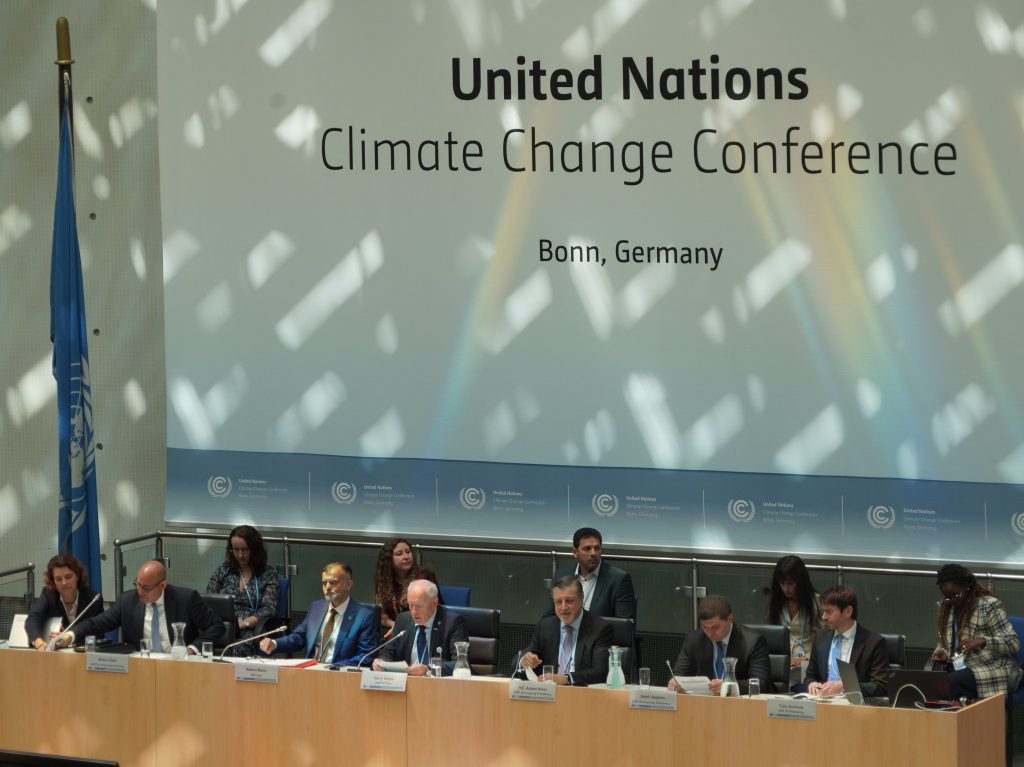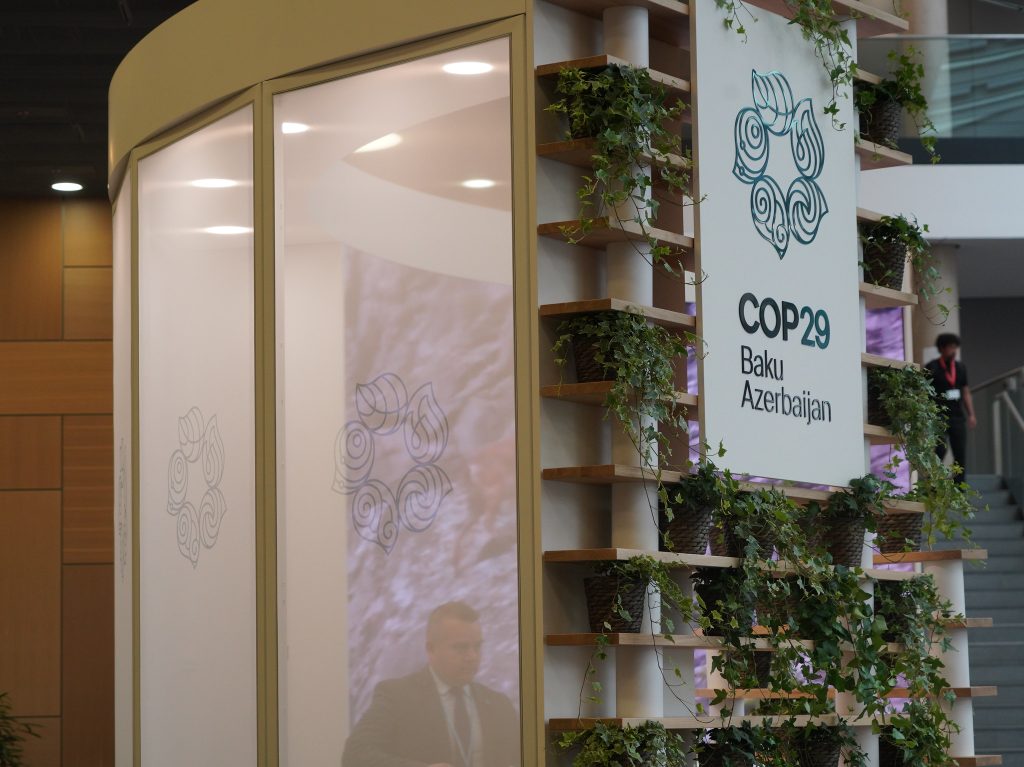By COP29 in November, the international community must agree a new climate finance goal – one that is ambitious enough to meet the challenges developing countries are facing today, and in the future. The Bonn Climate Change Conference, which closed today, leaves many questions about the goal’s scope and ambition unanswered.
Just as the June UN Climate Meetings (or SB 60) were getting underway in Bonn, catastrophic floods were hitting Southern Germany. Attendees were given a timely reminder of the impact that flood events can have, and the need for climate action. Not that one should have been needed, of course, after the devastation already witnessed this year in Brazil, Sudan and elsewhere.
Against this backdrop, negotiations in Bonn on issues including adaptation and loss and damage pointed to the need for increased ambition. This was true on all fronts, including in conversations around the New Collective Quantified Goal (NCQG) on climate finance.
Discussions around what the figure (or quantum) should feature in the new goal are ongoing, with estimates putting the needs of developing countries between $2.4 trillion and $5.9 trillion per year by 2030. The NCQG must therefore be resourced to the value that meets these needs.
For more on why a bold new climate finance goal is essential for turning the corner on the climate crisis, and what it should look like, read our guide to the NCQG or watch our explainer videos.

Red lines hindering progress on NCQG
The technical discussions in Bonn concerning the NCQG were just the latest in a process that has already been running for more than two years. Yet despite broad agreement from both developed and developing countries on the need to drastically increase the quantity of climate finance, how that should be done remains very unclear. Bonn delivered no breakthrough on the most contentious issues, and with less than five months until COP29 in Baku, we are running out of time for Parties to meaningfully advance the NCQG process.
Many parties did not shift from mutually incompatible positions related to the quantum, the contributor base, the recipient base and the role of the private sector, to name just a few.
Developed countries’ ongoing abdication of responsibility to deliver sufficient money to developing countries remains particularly problematic and disappointing, not to mention incompatible with the principle of ‘common but differentiated responsibilities’ that underpins the Paris Agreement, the climate convention and the UNFCCC process itself.
How do we get to a strong NCQG from here?
Of course, events like the Bonn conference are not just about disagreements; they are opportunities to present new ideas and perspectives that have the potential to move parties closer to agreement.
One of the more contentious points was whether a loss and damage sub-goal should be included in the NCQG. Most developed countries have been reluctant, if not completely opposed, to include loss and damage in the goal. The agreement to establish a Loss and Damage Fund was a hard-won victory, and it is essential to solidify loss and damage as the third pillar of climate action, alongside mitigation and adaptation, so should be automatically included in the NCQG.

In Bonn, our team engaged deeply with this issue, and received legal advice from Legal Response International which argued that there is in fact no reason not to include loss and damage within the new goal. This was then shared with negotiators from developed and developing countries, as well as during the Glasgow Dialogue. We hope this advice can inform parties as they continue their deliberations.
The Alliance’s side event on ‘making climate finance work for all’ stirred some interesting and relevant conversation about what a burden sharing mechanism within the new goal would look like, and how to learn the lessons from the $100bn. We were also heartened to see our ‘Fair Share’ research with ODI referenced by China’s lead climate finance negotiator, who pointed to ODI’s methodology while underlining the need for developed countries to continue to provide financial resources.
Failure is not an option in Baku
As the Bonn Conference concludes, it’s clear that calls for increased ambition on climate finance need to be translated into action. It is more critical than ever to keep the pressure on all developed country governments to recognize their obligations, and act decisively on them. The Alliance will continue to push for an ambitious NCQG, with new research set to be published in September and ongoing contributions to the technical and political discussions.
The last two weeks have revealed that developed countries are shying away from their responsibility to provide climate finance, even while still calling for ambitious reductions in emissions – yet the two are inextricably linked. And it should go without saying that those most responsible for the climate crisis should provide the finance, based on agreed principles of equity. It is critical that the new climate finance goal to be agreed at COP29 learns the lessons from past failures, prioritizes the needs of developing countries over political compromises, and sufficiently supports communities to meet the challenges of the climate crisis.
Debbie Hillier, Mercy Corps
The world needs a successful COP to deliver the radical shift in climate finance to fund action such as countries’ nationally determined contributions (NDCs), which will be key to addressing climate change. For more details on what a fit-for-purpose NCQG would look like, see Mercy Corps’ submission.
Despite two weeks of climate negotiations in Bonn, progress has been slow. With only a few months left before COP29 we urge developed countries to show greater ambition in Baku. Advancing climate finance is crucial to rebuilding trust within the negotiations. Agreeing a fit-for-purpose new collective quantified goal is not only essential from a climate justice standpoint, but it will also send the right signal to countries as they formulate their NDCs for COP30 and ultimately ensure we stay on course to limit global warming to 1.5 degrees.
Sally Tyldesley, Concern Worldwide UK
A bold and impactful agreement is also necessary for restoring trust in international climate negotiations, made fragile by the failure to meet the existing $100 billion goal on time. Failure to make significant progress at COP29 could jeopardize future climate action and the global commitment to a sustainable, resilient future.

Comments